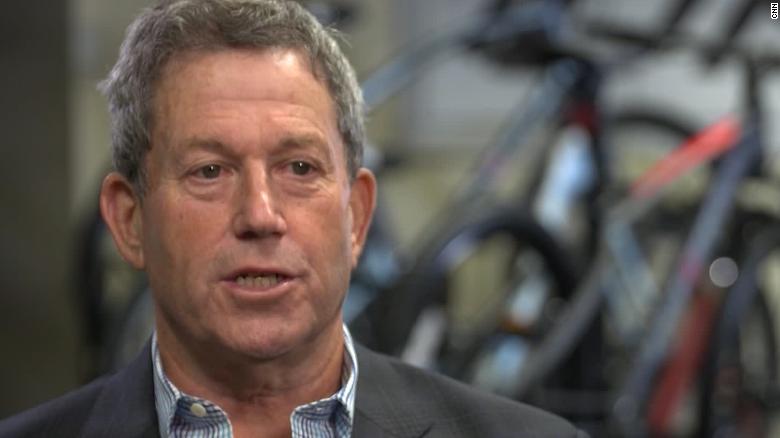First on CNN Business: 600 companies including Walmart, Costco and Target warn Trump on tariffs

More than 600 companies and industry trade associations — including Walmart, Costco, Target, Gap, Levi Strauss and Foot Locker — wrote to the White House urging Trump to remove levies on China and end the ongoing trade war. “We know firsthand that the additional tariffs will have a significant, negative, and long-term impact on American businesses, farmers, families, and the US economy,” the companies said in the letter. “An escalated trade war is not in the country’s best interest, and both sides will lose.”Last month, the Trump administration increased tariffs to 25% from 10% on $200 billion worth of Chinese goods. The tariffs apply to consumer products such as luggage, mattresses, handbags, bicycles, vacuum cleaners and air conditioners. Additionally, Trump has threatened to impose tariffs on an additional $300 billion in goods imported from China — including toys, clothes, shoes, appliances and televisions.”Tariffs are taxes paid directly by U.S. companies,” not China, the companies said to Trump. “Tariff increases and uncertainty around these trade negotiations have created turmoil in the markets, threatening our historic economic growth.”The United States Trade Representative’s office will hold public hearings on the proposed tariffs starting Monday. Tariffs Hurt the Heartland, a business coalition formed to oppose tariffs, organized the letter to the White House ahead of the hearings. The coalition was backed by trade groups for the retail, tech, manufacturing and agricultural industries. Although many big companies have developed strategies to blunt the impact of tariffs, top retailers have said in recent weeks that rising tariffs will raise their production costs and result in price hikes for consumers. “At the end of the day, prices will go up on things,” Costco (COST) chief financial officer Richard Galanti told analysts last month. Dollar General (DG) Chief Financial Officer John Garratt also said the company’s low-income shopping base “will be facing higher prices as 2019 progresses.”The Trump administration has played down the effects of tariffs on consumers so far.Treasury Secretary Steven Mnuchin said last month at a House committee hearing that he doesn’t expect there will be “significant costs” for consumers. “I don’t necessarily agree with that,” said Mnuchin when pressed by Democrat Representative Cindy Axne of Iowa on whether prices of consumer goods would be higher.However, the companies cited a study in their letter to the White House that found 25% tariffs on an additional $300 billion worth of Chinese goods would add more than $2,000 in costs for the average American family of four.The cost to consumers wouldn’t always go up by 25% if tariffs are imposed. Some retailers may decide to absorb some of the cost of the tariff, negotiate with the exporting company for a lower price or move production out of China.But the Trade Partnership, a consulting firm that works with industry trade associations, estimated that prices on clothes in the United States would rise by 5%, even if apparel companies tried to shift production away from China.”The ability of US retailers to shift sourcing from China to other suppliers is limited and could take years to complete,” the Trade Partnership said in the report. “Even after possible changes in sourcing, the proposed tariffs would have a substantial negative impact on American consumers.”Prices for shoes would rise by 8% for consumers, while toy prices would increase by 16%. China is the biggest supplier to the United States for both items.Nike (NKE), Adidas (ADDDF) and Under Armour (UA) previously warned in May that 25% tariffs on imported shoes from China would be “catastrophic” consumers.The study also estimated that household appliance prices would rise by 3% for consumers and travel goods would go up by around 10%.New tariffs would hurt Trump’s voter base, said David French, a senior vice president at the National Retail Federation, which helped spearhead the letter.”The president’s base is among the most economically vulnerable in the country,” he said. “These are exactly the people who cannot afford to pay hundreds or thousands of dollars more for everyday goods.”– CNN Business’ Katie Lobosco contributed to this report.






